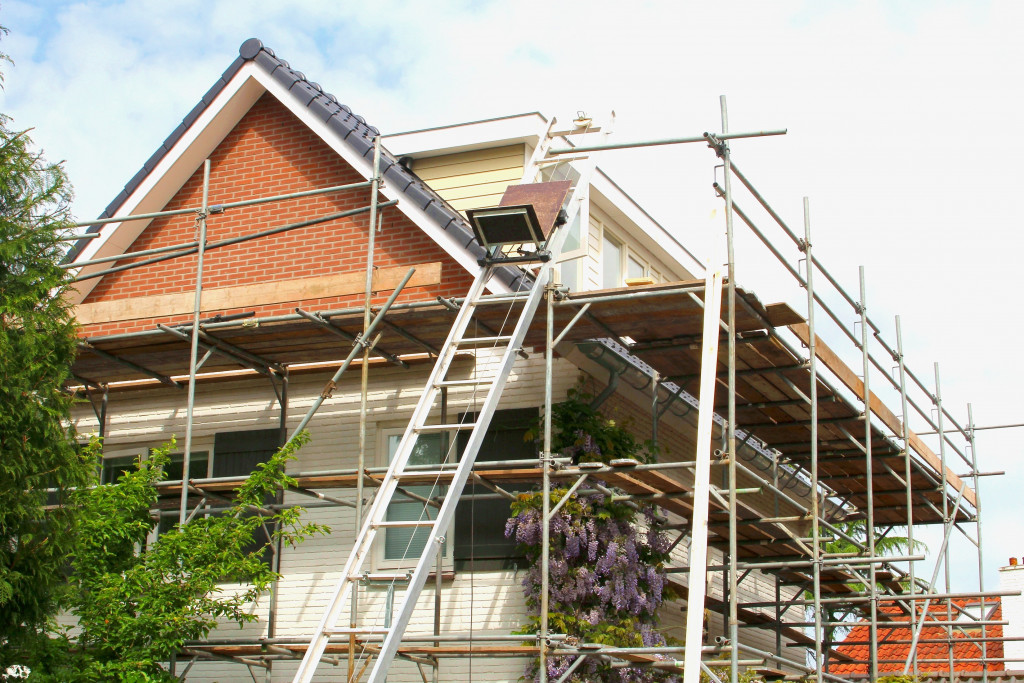- Excavation, vital in construction, involves moving earth or rock and can significantly impact a project’s budget.
- Factors driving up excavation costs include extreme weather, soil conditions, site accessibility, waste disposal, and unforeseen circumstances.
- Proper planning and site investigation can help identify potential problems, ensuring a more accurate budget and timeline.
- Utilizing appropriate equipment, recycling, and reusing excavated materials can significantly reduce overall excavation costs.
- Negotiating with contractors and comparing quotes can yield better deals, reducing excavation expenses.
Excavation is a critical process in construction, which involves removing soil or rock from a site to create space for the foundation or the building itself. However, most construction firm owners do not realize that excavation is a pricey process that can take up a significant part of a project’s budget. Here’s what you need to know about excavations, why it’s costly, and how to reduce overall costs.
Excavation in Construction
Excavation is digging or moving earth, rock, and other materials to create space for a construction project. It is the first step in any building process and involves preparing the site for foundation work. Excavation is also necessary for installing underground utilities such as water lines, septic tanks, or drainage systems.
Why is Excavation Expensive?

Excavation work can be costly due to various reasons. Here are some of those reasons:
1. Extreme Weather Conditions
Excavation work is highly dependent on good weather. Unfortunately, when the weather is too hot or cold, it can slow down the pace of the work. When the excavated site has been waterlogged, it can even result in accidents, damaging equipment and causing delays . Extreme weather also increases the level of risk and can significantly increase the cost of excavation.
2. Soil Conditions
Different soil types have different properties . For instance, if the site has soft or clay soil, more equipment and manpower might be needed to remove it effectively. Hard or rocky soil, on the other hand, will require more specialized tools like hydraulic drills to break it down, resulting in additional expenses. Similarly, sites with steep slopes or trees with deep roots will require more technical expertise and specialized equipment, increasing the excavation cost.
3. Accessibility
The location of the site also affects excavation costs. Construction sites that are remote and difficult to reach will require more specialized equipment and personnel, increasing the cost. Sites located in urban centers with limited space for machinery movements will also require more time and money to complete since excavation in confined spaces can be complicated.
4. Waste Disposal
The waste generated during excavation must be disposed of safely and responsibly. If the site is far from a landfill or waste facility, transporting and disposing waste will increase, increasing the excavation cost . Additionally, unexpected waste, such as buried trash and hazardous materials, can add expenses to the project budget.
5. Unforeseen Conditions
Finally, excavation is an exploratory process, and it is impossible to know what conditions exist under the soil and rock. Sometimes, there could be surprises, such as hidden underground water or gas lines, which could greatly impact excavation costs. These unforeseen conditions mean that estimations made before a project starts might not be accurate, thereby increasing the cost of excavation.
Ways to Reduce Excavation Costs
Although excavation can be expensive, there are ways to reduce the overall costs. These include:
1. Proper Planning and Site Investigation
Proper planning and site investigation before commencing excavation work can help identify potential problems that might cause delays and additional expenses. By understanding the soil type, weather conditions, accessibility issues, and any other unforeseen conditions, you can develop a more accurate budget and timeline for the project.
2. Utilizing The Right Equipment

You must utilize the right equipment for the project. A wheel loader equipment is suitable for moving smaller volumes of material, making it essential for every excavation project. Make sure to invest or rent one to cover everything from the start.
3. Recycling and Reusing Excavated Materials
The materials excavated from a site can be recycled or reused in various ways, such as backfilling trenches or constructing retaining walls. This reduces the need for new materials and can significantly reduce the overall cost of excavation. Right from the planning stage, consider ways to recycle and reuse materials on-site.
4. Negotiating With Contractors
When hiring contractors for excavation work, negotiate with them for a better price. It is also advisable to get multiple quotes from different contractors to compare prices and services offered before making a final decision. This can help reduce overall costs by finding the best deal.
Excavation is a crucial and expensive process in construction. However, with proper planning and budgeting, it is possible to reduce excavation costs significantly. By understanding the factors contributing to high excavation expenses and implementing cost-saving measures, construction firm owners can complete projects within budget while maintaining quality work.

